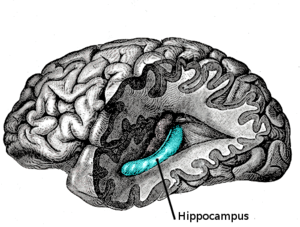 Thursday, June 21, 2007
Thursday, June 21, 2007
By: Eve Reddin Lennon, CPCC
This is the time of the year when we find ourselves surrounded, if not bombarded, by a multitude of media messages suggesting what we should be doing for the holidays and how we should be doing it. These messages are designed to conjure up sugarplum visions of beautiful, festive, picture perfect, storybook holidays with smiling families and all the trimmings that will surely bring us all peace and joy and incredible holiday happiness. Like a Norman Rockwell painting, or a Hollywood movie, or even our own romanticized memories of tradition-soaked holidays past, these images are seductively appealing—but the problem is that they aren’t real. They are fictionalized, idealized versions of the holidays.
Consider for a moment the expectations we have placed on ourselves to make our own holidays fit these perfect, but imaginary and unattainable images in our heads. Way beyond our genuine and heartfelt desires for the Season’s Greetings, Merry Christmases, and Happy Hanukahs, we enter the season believing we are somehow obligated to follow a set of unwritten rules prescribing just what and how much we should be cramming into a few short weeks: “Deck the Halls!” (Inside and outside, upstairs and down until everything glows, sparkles, or twinkles, and smells like pinecones and spice.) Or, “It’s the season to open your hearts and be generous” (meaning shop till you drop, wrap it all up, and defer payment until January when you open the bills and go into stress overload). It is also the season to “Gather your family” (whether you want to be with them or not,)to be the perfect hostess, to set a beautiful table and serve up at least one feast (dust off those cookbooks, shine up the silver, polish the crystal), and of course, to dress up, put a smile on your face, and attend all the parties, functions and festivities within a 250 mile radius.
Somewhere deep in our own heads is a list longer than Santa’s—of all the things we believe we need to or should do to make the season merry and bright. But the fact is that in order to do so we would each have to be a Martha Stewart clone with a staff of forty and the stamina of the Energizer bunny.
Wow. It is a recipe for exhaustion for nearly anyone, but for those of us with chronic illnesses like FM, it can be a recipe for a holiday disaster that results in unrelenting pain, brain fogs, and that deeply rooted, energy leeching fatigue that leaves us incapable of functioning; feeling isolated and depressed. Continue reading…
Related articles













